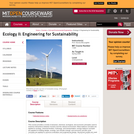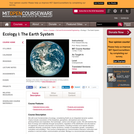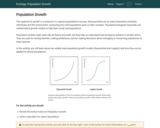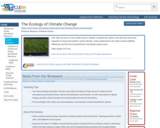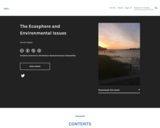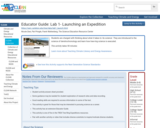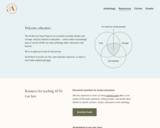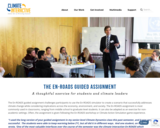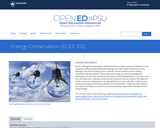A Fifty-Year Science Adventure
Short Description:
Originally published in 1976 and newly revised for the 50th anniversary of the Hubbard Brook Ecosystem Study, "The Endless Chain of Nature" follows the scientific adventures of student and professional researchers working in a small "closed" ecosystem in the Hubbard Brook Forest in New Hampshire. Written for middle-school readers and older, "The Endless Chain" introduces key ecological ideas in an engaging story of people solving puzzles and mysteries.
Long Description:
This real-life science adventure opens a window into a forest ecosystem in New Hampshire, and an experiment that has gone on for fifty years — so far.
In a three-hundred-year old old farmhouse near a forest lake filled with fish, tadpoles and splashing children, young people and professionals work side by side to solve puzzles about how land, water, living things, and the climate all fit together and all affect each other. The team includes students, teachers, and leading scientists from around the world.
Together they examine a closed ecosystem in the Hubbard Brook Experimental Forest — one of the first Long Term Ecological Research sites. In the past half-century it has led to important discoveries, including what we now know as acid rain. Their work is a fascinating study of the complex relationship between organisms and the environment.
Out in the woods, the team nets birds with the ornithologist, sifts through debris for insects with the entomologist, goes fishing with the ichthyologist, climbs trees with the botanist, chases salamanders with the herpetologist, and digs ancient mud cores out of the bottom of the lake with the paleobotanist. One student researcher — the grandson of a scientist who worked at the Brook in its earlier days — measures trees to help understand what affects their growth.
Using techniques that are both basic and advanced, they carry on experiments begun 50 years ago to see what has changed, and to figure out why. We see the ecology puzzle fit together into a picture of the complex and fascinating chain of nature, and we discover how our lives and actions affect other links in the chain. Surprises are in store in every chapter.
2013 marks the 50th Anniversary of the launching of the Hubbard Brook Ecosystem Study. This pioneering effort to explore the complex ways in which water, air, soil, plants and animals interact began in 1963 in a 3,160 hectare reserve in New Hampshire. It became, and remains today, a world-renowned laboratory yielding many important insights, including identifying the phenomena of acid rain and enhancing the understanding of the impact of climate change on natural systems.
Word Count: 51536
(Note: This resource's metadata has been created automatically as part of a bulk import process by reformatting and/or combining the information that the author initially provided. As a result, there may be errors in formatting.)






